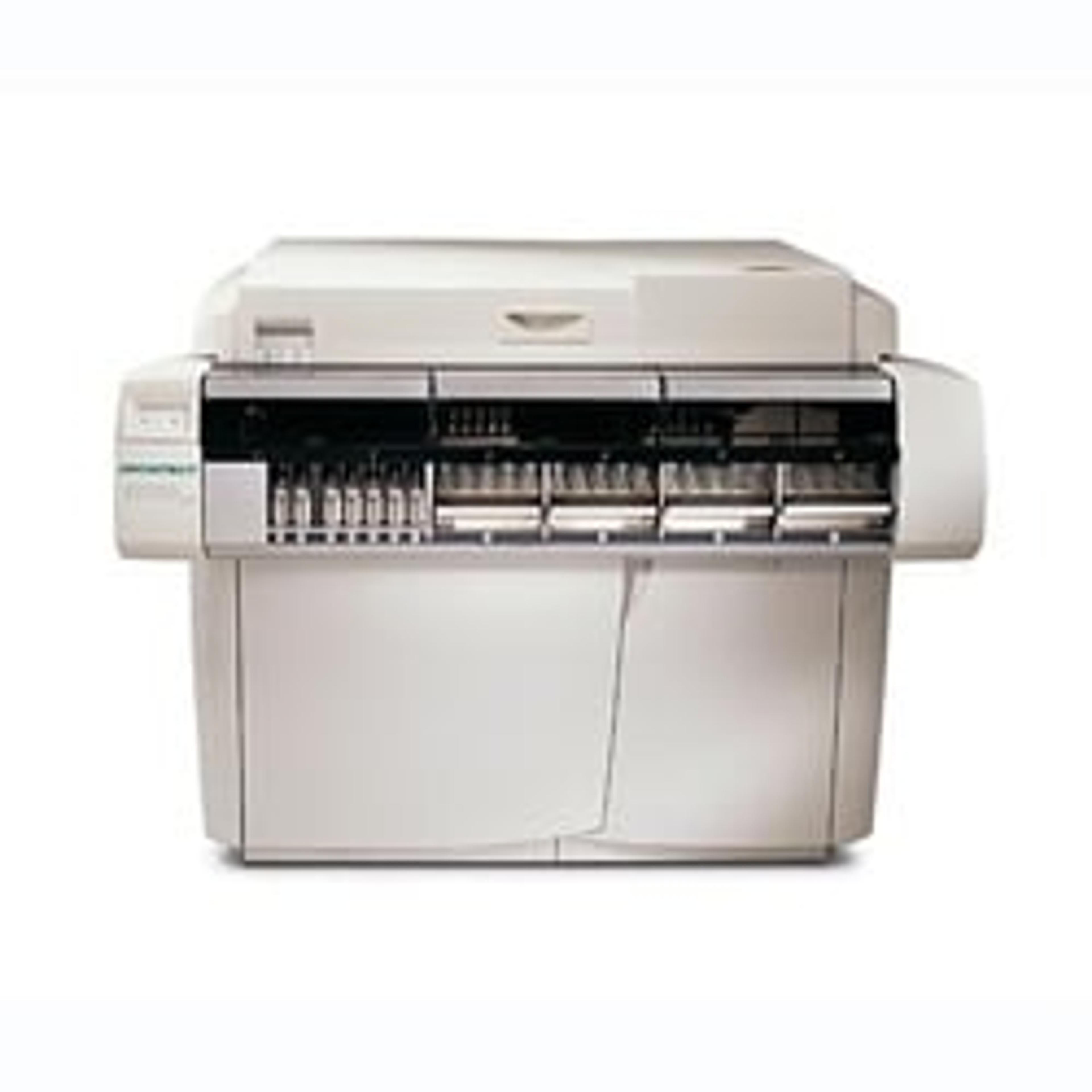Abbott Announces CE Marking for Hepatitis Test
14 Nov 2011
Abbott has announced that its new Hepatitis test has received CE Marking allowing it to be marketed for diagnostic use in the EU. The highly sensitive test for the detection of hepatitis B surface antigen (HBsAg), is designed for use on Abbott’s ARCHITECT® system.
Hepatitis B is an inflammatory liver disease, caused by infection with the hepatitis B virus. The condition can lead to liver cirrhosis and an increased risk of liver cancer. Prevalence of HBV infection and its modes of transmission vary greatly around the world. In non-developing countries infection is usually acquired through intravenous drug use, high-risk sexual activity and exposure to infected bodily fluids. The World Health Organization (WHO) estimates there are more than 350 million people worldwide living with HBV.
"The hepatitis B virus is constantly evolving, and it is important to have a test that has the right sensitivity to detect different strains of the virus," said Dr. Thoai Duong Ly, biologist, Biomnis. "The new ARCHITECT hepatitis B surface antigen test is an important tool in helping to detect mutant strains of the virus."
The ARCHITECT HBsAg Qualitative II assay can be used as a diagnostic aid in cases of HBV infection, and as a screening test for donated blood and plasma. It provides qualitative detection of HBsAg, the first serological marker to appear after HBV infection, usually between one and 10 weeks following exposure to the virus.
"Our research and assay development in hepatitis demonstrates the role advanced diagnostics technology is playing to enable clinicians to detect infectious diseases rapidly and accurately," said Brian Blaser, senior vice president, Diagnostics, Abbott. "Introduction of the new ARCHITECT hepatitis B surface antigen assay is another milestone in Abbott’s 40-year history of achievement in hepatitis diagnostics."
The ARCHITECT HBsAg Qualitative II test is a chemiluminescent microparticle immunoassay (CMIA) that offers seroconversion sensitivity for low-volume testing sites that is equivalent to the high-volume HBsAg blood screening assay performed on Abbott’s PRISM system. The analytical sensitivity of the ARCHITECT assay is 0.017 to 0.022 IU/mL, and the specificity on samples from overall blood donors (serum and plasma) is 99.91 percent. Abbott also has a CE-marked ARCHITECT confirmatory test for samples found repeatedly reactive on the HBsAg Qualitative II assay. This high sensitivity enables clinicians to detect patients with low levels of HBsAg, as well as the ability to detect HBsAg mutants.

